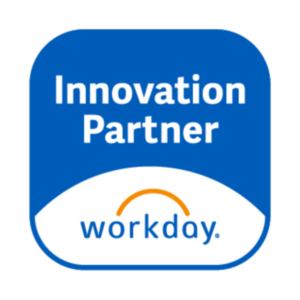The COVID-19 pandemic has not only brought new challenges to the fore it is also forcing the spotlight on existing problems that are often overlooked in a business context. Not least of which is the issue of domestic violence, which is peaking under lockdown as people are trapped in unsafe homes.
In the US, increases in domestic violence incidents have struck a parallel with the impact of Coronavirus. Seattle, one of the first US cities to have an outbreak of infections, reported a 21% increase in domestic violence reports to police over March. In Texas, that number rose to 35% over the same period.
In the UK, the largest domestic abuse charity, Refuge, reported a 700% increase in calls to its helpline in a single day in April.
According to SEMrush, a company that monitors online trends, searches for “what is domestic abuse?” rose by 46% as lockdown measures were put into place, and there was a 64% rise in searches such as “domestic violence shelter”.
Regardless of the country, employers have an ethical, if not legal, requirement to ensure the safety of their employees. And with so many workers now working from home or furloughed in line with government advice, the home is now the workplace.
The topic of domestic violence and its impact on the workplace is not new. Organizations like SHRM have been calling attention to it for years. A SHRM survey from 2013 found that 35% of organizations had dealt with a domestic abuse incident involving one of their employees in the previous five years. But the majority had little in the way of policies and processes.
Yet in the current crisis, some forward-thinking enterprises are making innovative use of technology to connect vulnerable employees with supporting resources and external help. Vault Platform has already worked with companies to introduce discrete alert and support systems in situations where telephone lines and web forms are not viable methods of communication.
If you’re interested in finding out more, book a demo with one of our specialists
[simple-author-box]




